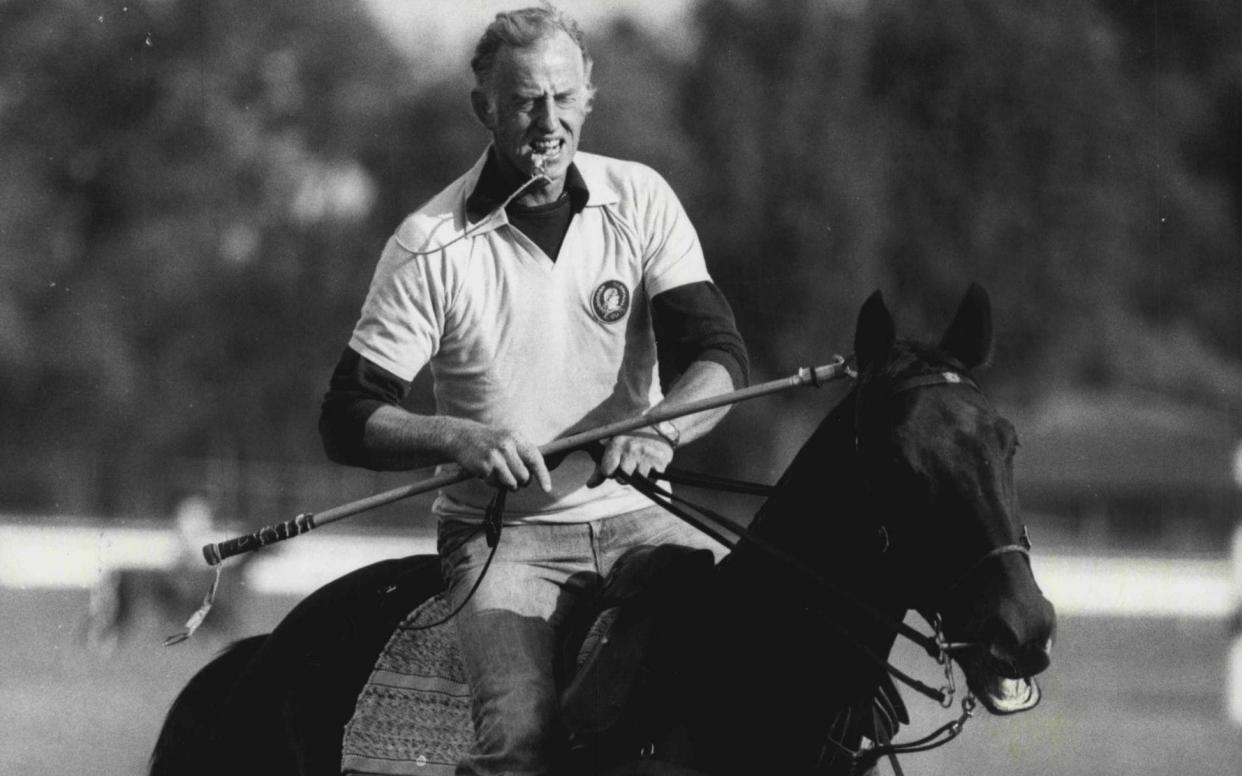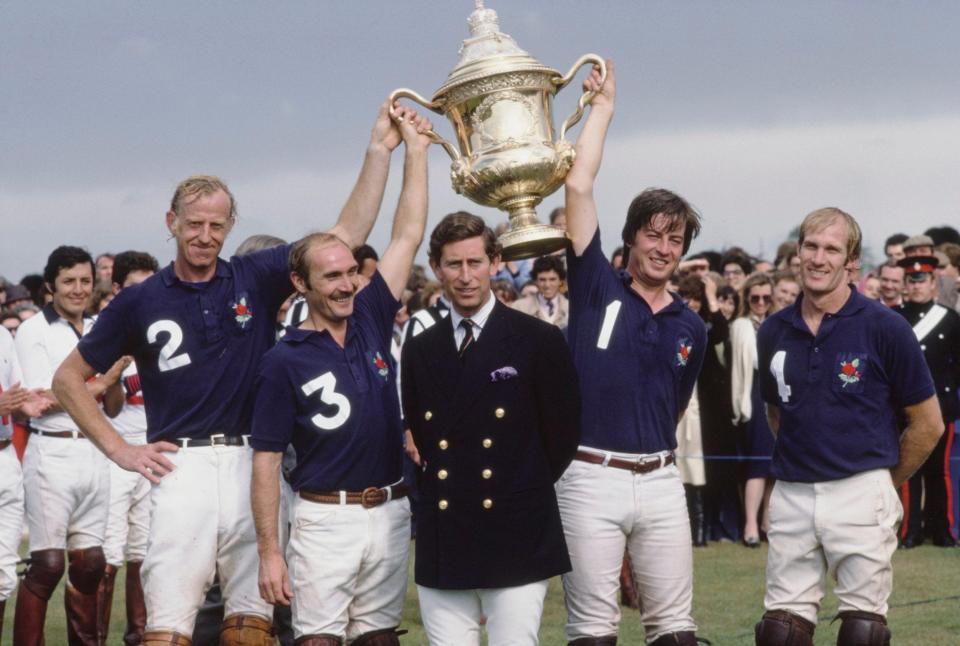Paul Withers, polo player who represented England and helped to make the Cowdray Park team one of the best in the world – obituary

Paul Withers, who has died aged 83, was an English polo international who competed at the top level for over three decades and from the early 1960s played a central role in Cowdray Park’s run of high-goal victories.
From modest beginnings, his raw talent and will to win enabled him to compete alongside the world’s best and achieve an impressive seven-goal handicap. He was entirely without side: in a big-money game he mixed as easily with grooms and novice players as with royals and aristocrats.
The son of a horse-mad tenant farmer, Paul Morris Withers was born on May 10 1939 on a Sussex dairy farm. After his mother Isobel walked out on the family when he was two, his father Fred was given custody of Paul while Isobel kept Paul’s elder brother, Harold. Sent to board aged just five at a prep school near Haslemere, Paul was miserable but found solace in his love of games and the outdoors.
At Taunton School he became an outstanding sporting all-rounder and was delighted when his father moved to a mixed farm on the Cowdray Estate, managing a dairy herd, breeding pigs and running the Cowdray Foxhounds. Fred also began training polo ponies for the third Viscount Cowdray, who had invested some of his family publishing fortune in rebuilding British polo after the War.
Paul was in his element. A fearless rider from childhood, he loved his first taste of the game and showed immediate promise. He also undertook heavy farm work during the holidays, acquiring the extraordinary physical strength that later defined his polo performances.
Eager for adventure, he signed up as a gunner in the 3rd Royal Horse Artillery, where his commanding officer quickly spotted his talent for polo but realised that his star player could not compete in the Captains and Subalterns tournament unless he received a commission.
One stumbling block was Withers’s inability to master the mathematics required, but after some judicious string-pulling and intensive tutoring, he passed the exam and, as Lieutenant Withers, duly led the side to victory in the tournament and later in two Inter-Regimental championships.
A spell serving in Kenya provided more opportunity for hard-fought chukkas, and when Withers returned to Cowdray Park, he became a fixture in the club’s high-goal side, and was selected for England, playing with big names including the British stars Julian and Howard Hipwood and the leading South Americans.
Viscount Cowdray sponsored him for much of his career and in the early days Michael Holden-White, a rich American patron and club member, supplied him with high-quality ponies which would otherwise have been beyond his means.

Withers won numerous major tournaments with the Cowdray Park side including the Coronation Cup, the American Butler Handicap and three Gold Cups in the 1960s, dominating play thanks to his commanding presence and huge hitting. Another highlight of his career was winning the Queen’s Cup in 1967, as part of the Windsor Park team captained by Prince Philip.
No respecter of rank or reputation, Withers twice unseated Prince Charles in quick succession in the heat of battle; the prince emerged unscathed and there were no hard feelings.
Withers was famous for his longevity as a player: aged 51, he was within touching distance of winning a fourth Gold Cup with a clear run at goal seconds from the final whistle. Then Michael Amoore of the opposing Hildon House team fell off and the umpire controversially stopped play, only for the opposition to win possession and snatch a last-ditch victory.
Withers had two sons with his first wife Angelica Reynal, a member of a well-known Argentine ranching and polo family, but the marriage foundered. In 1972 he found lasting happiness with the American Sheldon Gerry, who shared his passion for horses.
Though hugely popular, Withers was highly competitive, famous for occasional volcanic outbursts and for pushing umpires to the limit, a practice tactfully known as “playing to the whistle”.
One explanation for his sometimes wayward play emerged in the mid-1970s when he developed brittle Type 1 diabetes and had to inject himself with insulin four times a day. He coped stoically with the setback, and when his teammates spotted him becoming irrational on the field, indicating a drop in blood sugar, they would dispatch him to the pony lines, where a plate of jam tarts was kept for this eventuality.
On one occasion, the stud groom’s border terrier had just cocked its leg over the plate when Paul cantered up in such a rage that no one dared tell him of the mishap, and he wolfed down the tarts with no ill-effects.
He loved animals and delighted in the foibles of his favourite pony Archie, whom he played in 17 Gold Cup tournaments. Feeling tired after the first chukka, Archie would go lame and limp dramatically off the field until he crossed the line, then walk perfectly soundly back to his stable. Archie was even crafty enough to unlock any stable bolt and escape from any rug, however tightly fastened.
Withers was also mystifyingly devoted to his ferocious and aptly named rottweiler, Hannibal, who would have specialised in attacking small children had he not been chained to the horse box during polo matches.
After retiring from high-goal polo in the early 1990s Withers became an impartial and widely respected professional umpire. He also helped develop an umpires’ training programme and received the Hurlingham Polo Association’s Lifetime Achievement Award.
In his 60s he was delighted to be reunited with his long-lost older brother for the first time in decades, discovering that Harold, by now farming in Buckinghamshire, had also been a keen point-to-pointer and hunting man.
Paul Withers is survived by his wife, their son and the two sons of his first marriage.
Paul Withers, born May 10 1939, died October 19 2022

